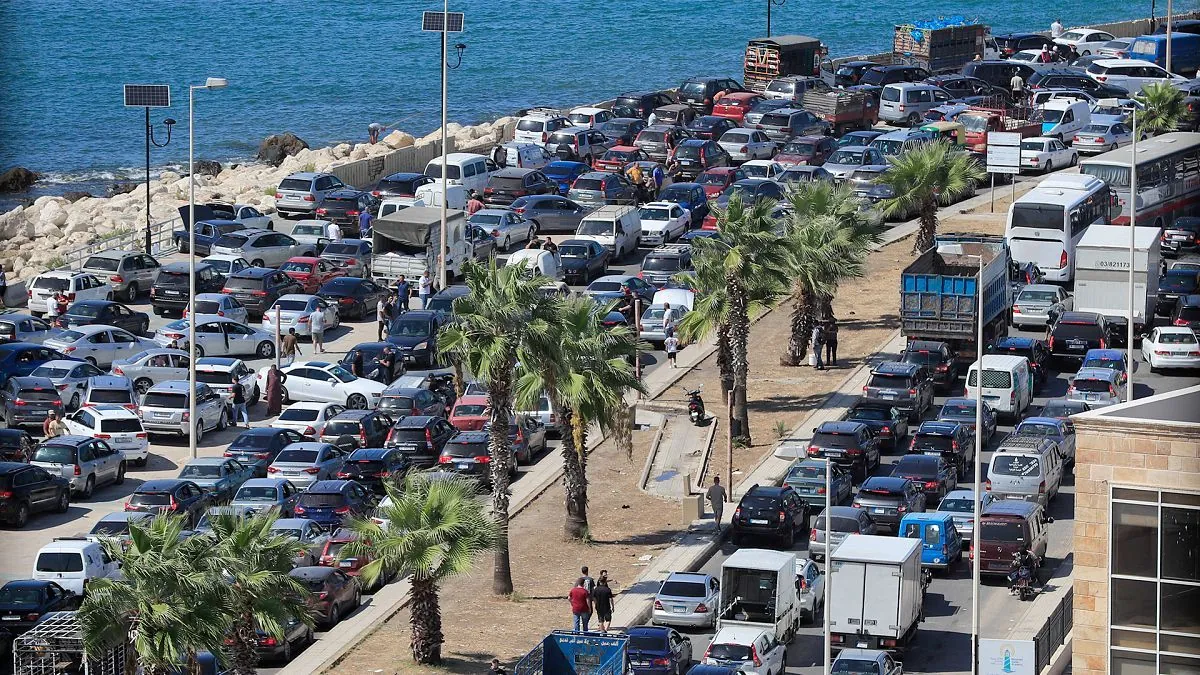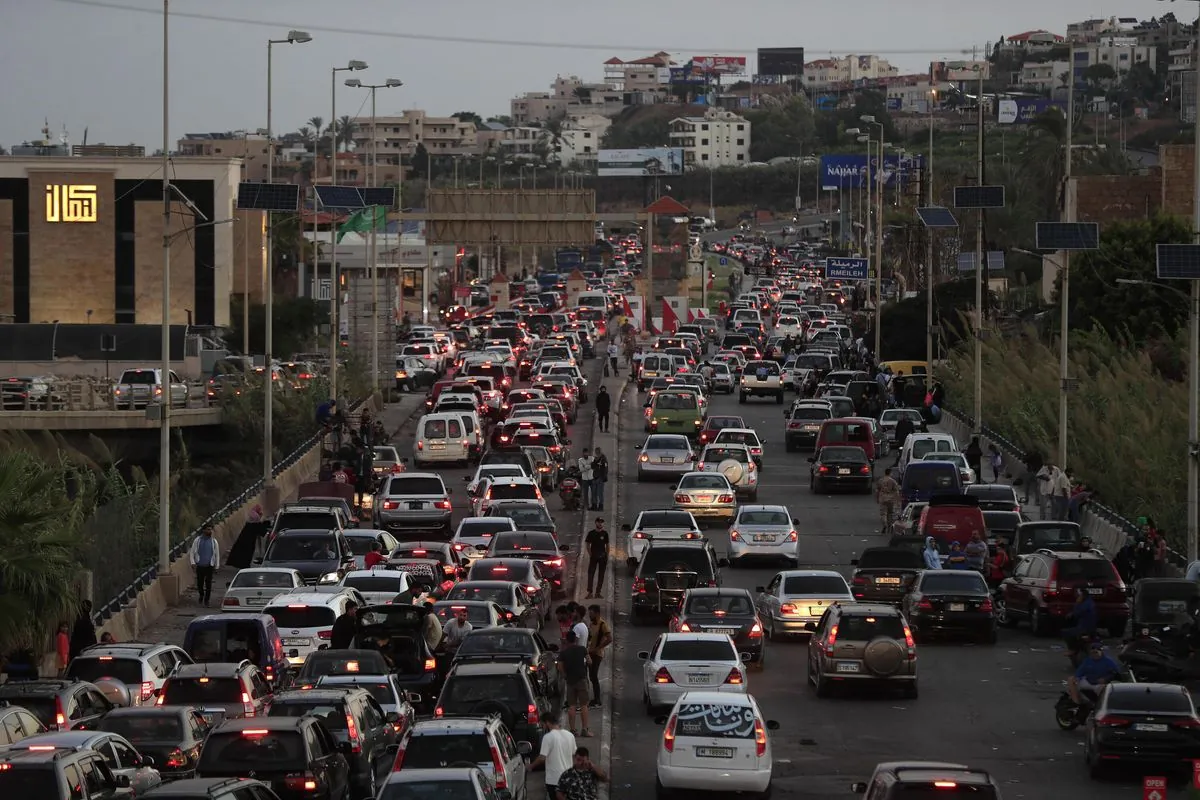Mass Exodus: Southern Lebanese Flee Amid Israeli Airstrikes on Hezbollah Targets
Thousands evacuate southern Lebanon as Israel intensifies airstrikes on alleged Hezbollah sites. Displaced residents seek refuge in Beirut, recounting harrowing experiences and drawing parallels to the 2006 conflict.

In a scene reminiscent of the 2006 Lebanon War, thousands of civilians are fleeing southern Lebanon as Israel intensifies its airstrikes on alleged Hezbollah targets. The escalation, which began on September 23, 2024, has forced residents to abandon their homes and seek safety in the capital, Beirut.
Feryal Mehsen, a 58-year-old resident of Seddiqine, recounts her harrowing experience. After evacuating her family, she returned to collect belongings when an airstrike hit nearby. "The rocket landed in front of me. I was shocked. I couldn't hear or see after that," she said. Mehsen and her family are now in the same Beirut shelter they used during the 2006 conflict, which lasted 34 days and resulted in significant casualties and displacement.
The current situation stems from ongoing tensions along the Israel-Lebanon border, which spans approximately 120 kilometers. The United Nations Interim Force in Lebanon (UNIFIL) has been present since 1978 to maintain peace in this volatile region. However, cross-border fire has escalated since the Gaza war began on October 7, 2023.
Souad Mahde, 63, from Qsaibah, describes the panic as airstrikes approached her village. "The first thing I thought of was to take some clothes so I could change if we got somewhere. Just the basics, and medicine of course," she explained. The journey to Beirut, normally a two-hour drive, took an entire day due to heavy traffic.
Lebanon, a country with a complex political system based on confessionalism, has experienced multiple conflicts since its independence in 1943. The current crisis adds to the challenges faced by a nation already grappling with economic turmoil and hosting the largest number of refugees per capita worldwide.

Even in Beirut, a city of 2.2 million people in its metropolitan area, the atmosphere is tense. "Even in Beirut, there is an atmosphere of war," Mahde observed. This sentiment echoes the broader impact of the conflict on Lebanon, a country known for its diverse religious landscape and rich history.
As the situation unfolds, the international community watches closely. The escalation threatens to destabilize a region that has seen its share of conflicts, including Lebanon's 15-year civil war from 1975 to 1990 and the more recent Port of Beirut explosion in 2020, which exacerbated existing crises.
The current displacement adds strain to Lebanon's already fragile infrastructure and economy, which has been in crisis since 2019. As civilians seek refuge, they carry with them not only their immediate belongings but also the weight of a nation's turbulent history and an uncertain future.
"Are you still alive? I heard that you're dead."
This latest chapter in Lebanon's complex relationship with its southern neighbor underscores the ongoing challenges in achieving lasting peace in the region. As the Cedar of Lebanon, a national symbol featured on the country's flag, stands resilient, so too do the Lebanese people in the face of yet another crisis.


































